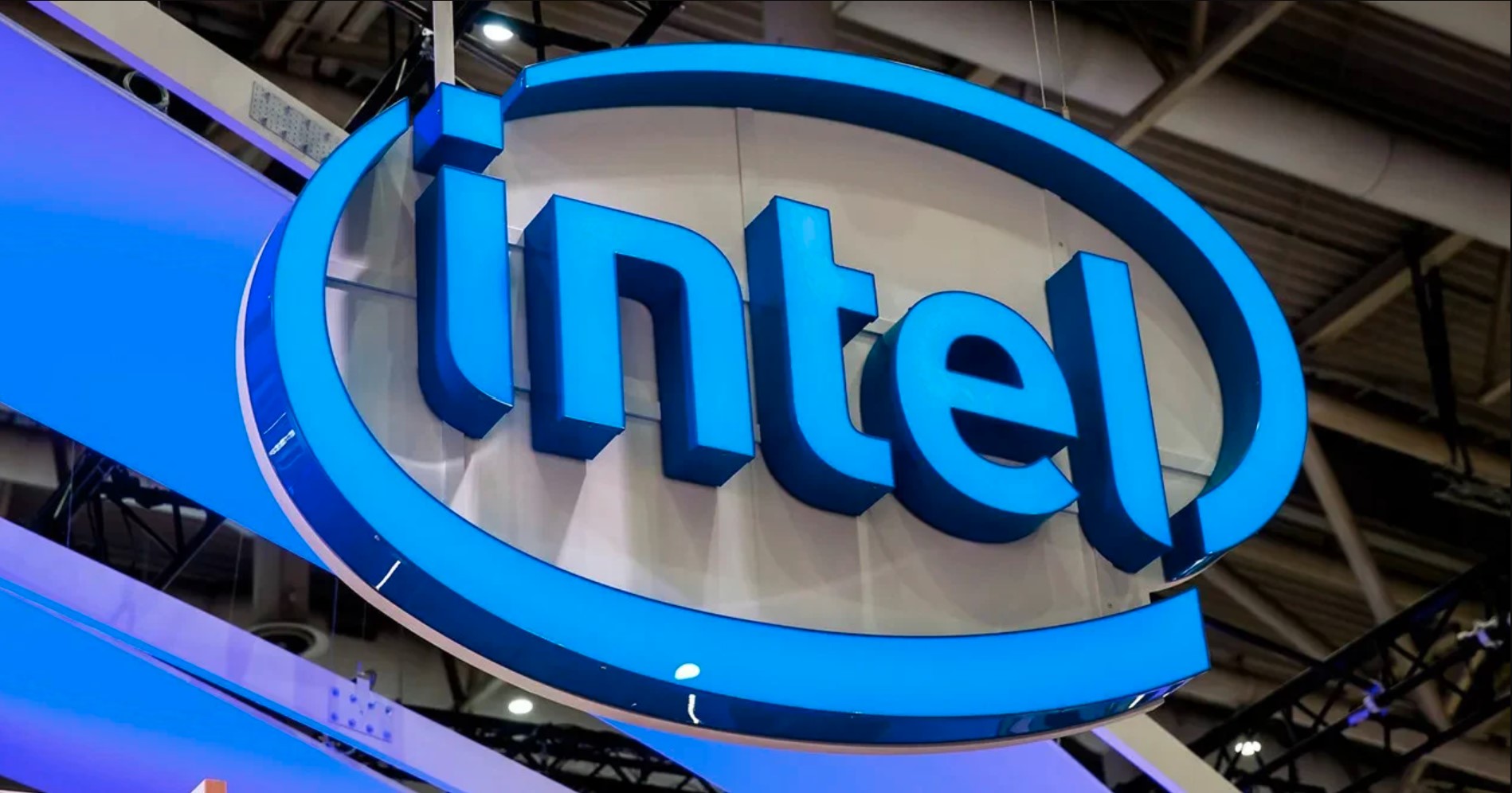Intel hopes to manufacture chips for car companies in the next 6 to 9 months
At present, most car companies in the world are suffering from the problem of core chips shortage. Cars basically need to use various types of chips for control, so chips are indispensable.
However, due to the problem of the entire semiconductor industry, this core chips shortage situation cannot be alleviated in a short time, and some chip foundries are investing in expansion but the cycle may be longer.
Under this circumstance, chip manufacturing giant Intel is ready to participate: the company hopes to start manufacturing necessary chip products for global car companies in the next 6 to 9 months.
This decision is just as Intel’s new CEO Pat Gelsinger promised that Intel will actively develop and include foundry chips for other companies.

In an interview, Pat Gelsinger stated that we hope certain things can be alleviated without having to wait for three or four years to invest in the construction of a new factory.
Some of our existing processes can complete the certification of new products in about half a year. In fact, we have already started contact with some key component suppliers.
Of course, even if Intel cannot start manufacturing chips for car companies in about half a year, it also highlights Intel’s determination, that is, the foundry department that has just been established.
Intel has recently established an Intel foundry service department, which is an independent business department internally to help other customers produce various semiconductor products.
Including but not limited to x86 chips, ARM chips, and RISC-V chips, in order to meet customer needs, Intel will invest 20 billion U.S. dollars to build new generation factories.
The company said that the establishment of a chip factory is a key competitive advantage, which can optimize products, improve economic efficiency and supply flexibility to make Intel’s revenue full of momentum.
Although Intel’s OEM chip for car companies is still a plan and has not officially started, Intel’s participation in the chip shortage situation should be quickly alleviated.
After all, Intel has a number of chip foundries around the world with relatively sufficient production capacity. Perhaps what Intel has to do is to transfer part of its production capacity to chips from automakers.
Because Intel’s own processor products are currently relatively tight, Intel earlier revealed to its partners that processor products might increase prices in the future.
Via: Reuters





